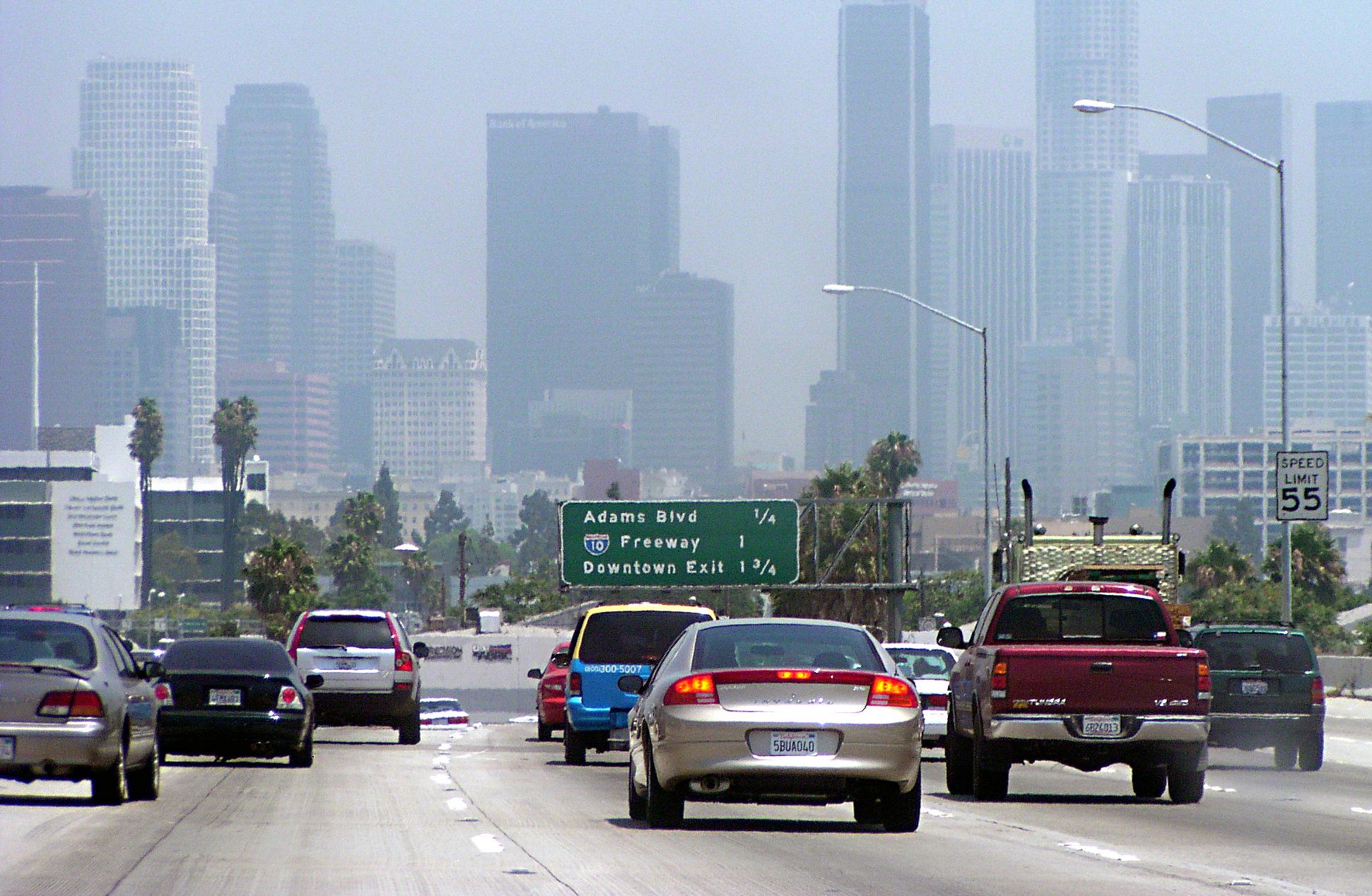The state of New Jersey appears to have found a winning formula for encouraging transit-oriented development.
Since 2008, the Garden State has been using a special tax credit to reward businesses that relocate, build or expand within one-half mile of a transit hub, or take advantage of freight rail. The Urban Transit Hub Tax Credit has provided $352 million in incentives for nine projects in Newark, Elizabeth, New Brunswick and Jersey City.
Already, the policy has produced some impressive returns. The initial investment is credited with attracting $910 million in private capital and creating more than 1,400 new jobs. The strategy also helped the state retain Panasonic's U.S. headquarters, according to Network blog Mobilizing the Region.
The Tri-State Transportation Campaign, publishers of Mobilizing the Region, explains how the tax credit is helping promote sustainable development patterns in New Jersey's cities:
Four of the approved credits are going to projects in Newark. These include the planned “Teachers Village” near Broad Street station, which would include three charter schools, 60,000 square feet of retail and workforce housing for teachers. A market-rate condominium development on Rector Street will also benefit. And the credit will be “critical” to One Theater Square, a 44-story mixed-use tower with market-rate and artist housing that is planned across the street from the NJ Performing Arts Center, according to developer Dranoff Properties.
Nearby Elizabeth has benefited from the freight provision of the program, according to William O’Dea, Deputy Executive Director of the Elizabeth Development Company. “It’s made a very notable difference on freight rail,” O’Dea told MTR. “It’s been the difference between Wakefern [Food Corporation] leaving the state and staying.” Wakefern received a credit late last year to expand its food distribution operations in Elizabeth and Newark, creating 500 new permanent jobs and over 800 construction jobs.
Now in its third year, the Urban Transit Hub Tax Credit has clearly helped build a critical mass of development in Newark and other cities. It could be a worthy model for other states looking to use existing and planned transit services to drive urban redevelopment.
Just think how much traffic these projects have kept off the turnpike. This smart policy will continue to save the state of New Jersey money by reducing congestion and wear and tear on roads.
Elsewhere on the Network today: PubliCola highlights a new report from Smart Growth America that recommends increased transit funding from Washington State in order to create jobs; New Jersey Future reports downtown revitalization efforts in traditionally poorer southern part of the state are attracting new businesses; and Bike Portland outlines a multi-year campaign by pedestrian advocacy groups to fix a dangerous provision in Oregon's crosswalk laws.






